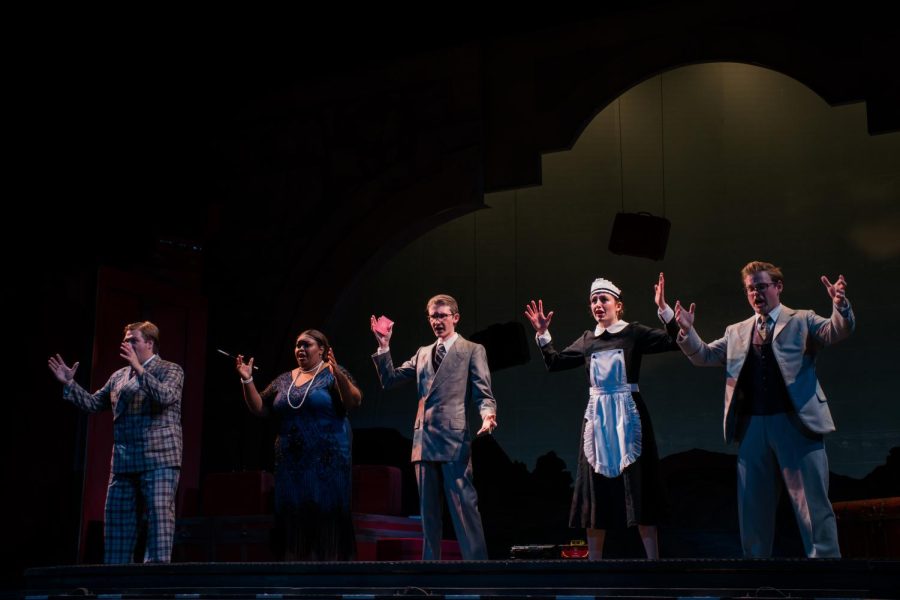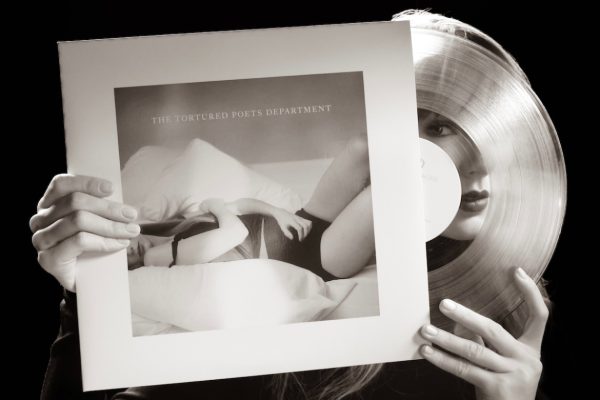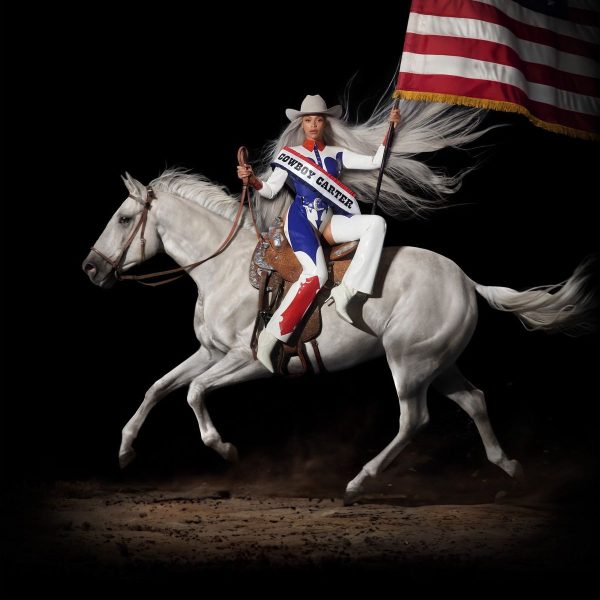Oberlin Opera Theater Presents Double-Bill Performance
In a double-bill performance of Jacques Offenbach’s operetta Le mariage aux lanternes (The Wedding by Lantern Light) and Gioachino Rossini’s L’occasione fa il ladro (Opportunity Makes the Thief), the Oberlin Opera Theater department presents a night of deception and hilarity. Vocal performance students take the stage tonight and tomorrow at 8 p.m. and on Sunday for a 2 p.m. matinee of the two one-act operas under the baton of Joseph Mechavich, OC ʼ92. Supertitles will be projected in English for both operas.
The operas tell two different stories but are united in the theme of marriage, a theme not uncommon to the opera buffa or comedy. Offenbach’s operetta narrates the tale of two orphaned cousins, Denise and Guillot, from the perspective of their uncle Mathurin, whose plotting kindles their romance. Meanwhile, two comical widows fight over Guillot.
In Rossini’s opera, two men find themselves at a train station together during a storm. One of the gentlemen, Count Alberto, admits to the other that he is on his way to meet his bride-to-be, Berenice. When the two men’s luggage gets swapped during the chaos, the other, Don Parmenione, decides to disguise himself as Count Alberto to steal his bride. Chaos ensues as the men both arrive, claiming to be the same person. Little do they know that Berenice and her maid Ernestina have also swapped identities, confusing the love triangle even more.
Each opera has its own distinct sound, as Jonathon Field, associate professor of Opera Theater and director of this fall’s double bill, explained.
“The music of the French piece is much like Gilbert and Sullivan; it’s very much a song sort of style,” Field said. “It’s even a little pop-y in the sound. It sounds very, very bright, sort of like musical theater. The Rossini [piece] has longer melodic lines … it’s got some very long beautiful singing moments, kind of like Chopin set to voice.”
The contrast of their styles is not the only reason Field chose to place these two operas side by side. He also wanted to emphasize the humor in both of their plots.
“This thing is an absolute riot,” Field said. “Combining the two kind of gives us a little soufflé and a little spaghetti.”
Another exciting aspect of the production is the set design. In the Rossini opera, red luggage hangs from the ceiling and even makes up the stairs and doors of the set, adding to the thematic elements of absurdity and confusion.
“We sort of worked out the idea of what was big in the first scene becom[ing] small and what was small in the first scene becom[ing] big,” Field said. “All of a sudden we have a proliferation of lost luggage all over the place, and lost luggage sort of flying through the air. And it gets into a slightly surreal version and makes the whole thing a little bit more fantastical.”
This production also features two different casts for each opera. This was done to ensure more performance opportunities for students, though some singers were cast in both operas.
“We decided to take the tenor from the Offenbach and also use him in the Rossini because we thought that [it] would be interesting for the audience to see one actor perform two completely different roles,” Field said.
Conservatory second-years Travis Guillory and Bradley Boatright play both Guillot in the Offenbach and Don Eusebio in the Rossini. In preparation for their performances, the two learned double the amount of music and rehearsed twice as much as their peers.
“It was a little hard, but we made it through,” Guillory said, reflecting on the work he and Boatright put into the operas.
Both students appreciated the experience of working with two very different characters. While Guillory acknowledged the freedom and humanity of a character like Guillot, Boatright highlighted the simplicity of Don Eusebio.
“The Offenbach is a lot sillier,” Guillory said. “I feel free to be silly and throw myself into the role. With the Rossini, I feel like I’m still playing a silly role … but it feels more like a serious opera.”
“The Rossini came a lot easier because he’s a more simple character,” Boatright said. “It’s like a stereotype within Rossini opera: the old man who thinks he’s in control but isn’t. He’s the butt of the joke, and it’s fun to play.”
Romantic, funny, and fantastical, the operas are an escape from reality, leaving us with simple, happy endings, despite all the chaos that precedes them.
“I hope they just have a laugh,” Guillory said. “I hope they have the time to get into the story, and be confused for a little bit, and let that be okay.”










